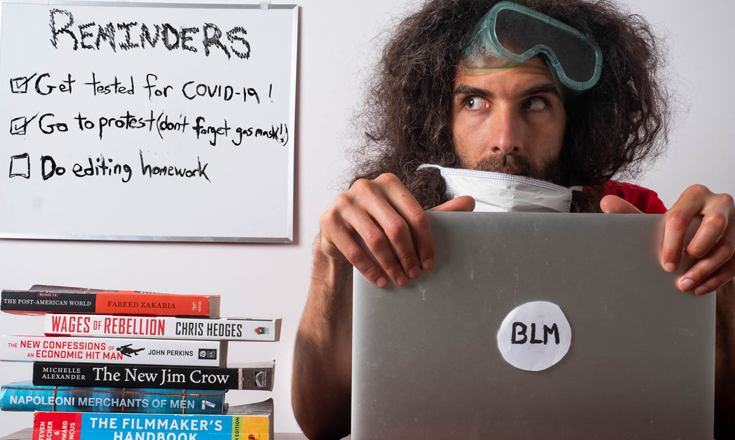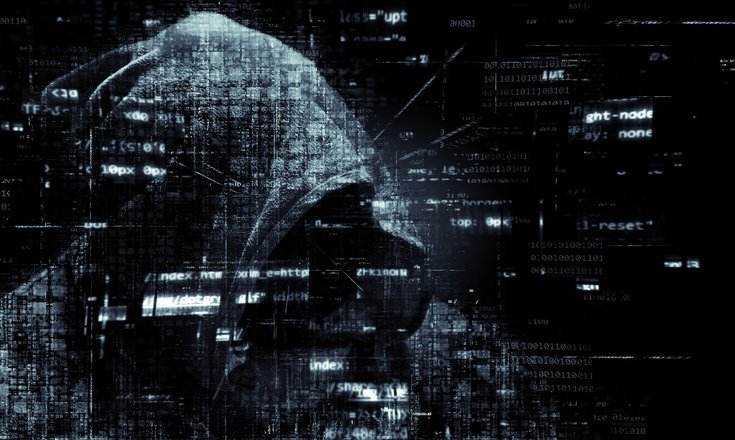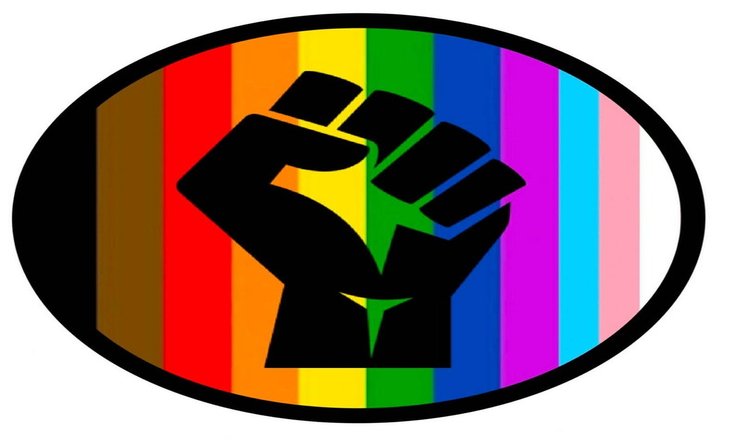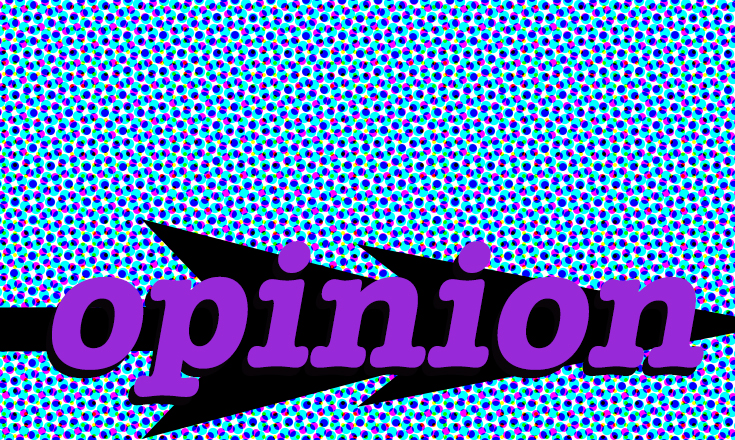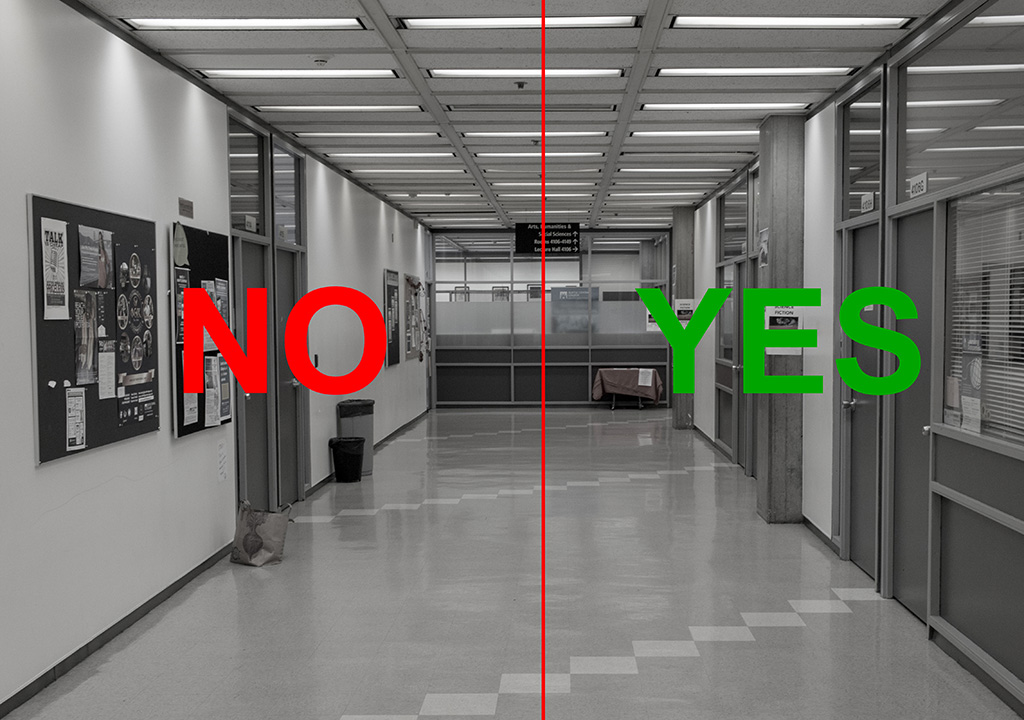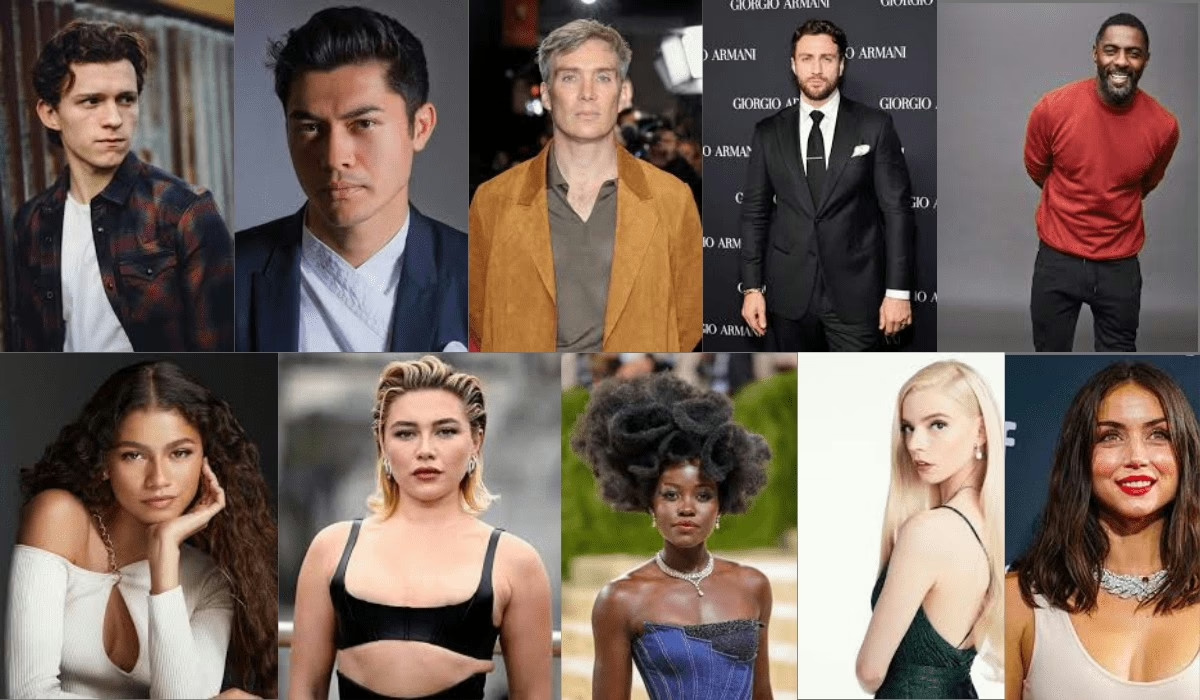COVID reflections – Collective shifts & internal struggles
On Tuesday, September 29th 2020, I willingly flung myself out to sea. With a soggy, faded map in hand, I hurried toward the deep foreboding depths of the all-too-familiar unknown. I had been anticipating the turbulent nature of this return voyage for the last three months. The place I sought, after all, was familiar to me. And although I anticipated what was at stake, I proceeded with the plan. This was the way to go because, well, it was the only way I knew.
School. It’s back in session, and the stakes are higher; worldwide modalities of being have been shifted, transcended, obliterated, leaving everyone and everything to face both heartily undesired and subtly celebrated outcomes. To brave these waters successfully depends largely in part on what kind of vessel one has the privilege to captain. Yet, as we continue to brave these tumultuous tides of unprecedented proportions, it becomes amply clear that neither yacht nor rowboat will be left unscathed.
A perfect concoction of pandemic and reinvigorated revolution, along with horrific forest fires and a complete systematic crumbling of perceived democracy, has thrusted us in severe bouts of wavering, wandering, erratic and sedentary livelihoods. To speak for those who have been impacted in ways other than my own would be unfair, yet as I write from an ever-recovering state of bewilderment, lapping waves of anxiety, currents of sadness, grief and indecision – particularly in a season that is associated with sunshine, vibrancy, fun, togetherness –, I hope to convey some sort of collective sentiment through a reflection of my relative internal struggles of late.
Classes have begun; an encouraging, however muddled, welcome sight for those who have been grappling to maintain grasp of the helm of their ship. A shove back into a routine that serves as a reminder that we students are a resilient, if frightened, bunch. A great many of us received a taste of what was in store last spring when all COVID hell was breaking loose, as we hazily stumbled into an online class framework as the school institutions acted accordingly while attempting to assuage student concerns. We downloaded Zoom, we situated ourselves in our new spaces in front of the screen. We awaited further instructions from our country’s leaders, from our loved ones, from our instructors. We feared for our lives, particularly for the lives of those more vulnerable. We waited, we showed up. We forged ahead, hopeful and determined, as we do.
I longed to be finished with spring quarter soon after it had commenced. I was drained, disenchanted, utterly distracted and consumed by the revolution that was violently unfolding on our very doorstep. COVID regulations were in full effect, but the protestors’ intent to gather had transcended any novel, flimsy rules for social distancing. We were in it. I was in it, and there was no place I would have rather been. It was and is a seemingly rare cacophony of events that revealed so much about our existence, about our perceptions, how we treat each other. A signifier, both welcomed and unwelcomed, that things are always changing out of necessity.
After the formation of the CHOP, protests dramatically reduced in size, and have remained prominent ever since its shutdown (over 100 days of demonstrations and counting). Meanwhile, I retreated back into the depths of inner pursuits, seeking a welcoming attitude toward summertime and all I expected it to be. Camping trips, walkabouts, and time with friends outside, while being both mindful and paranoid amid the social distancing concerns. This was a harsh deviation from what I had chosen to experience just days and months prior: online schooling, strict quarantining and documenting the protests. And although I had convinced myself a break was needed, the sought-after summer activities somehow caused nothing but inner anguish and heightened anxiety.
My experiences and pursuit of knowledge over the last several years have solidified my appreciation for the collective consciousness; how our very presence in this world ripples energies through everyone and everything around us and beyond. Yet my actions still seem to reflect earned and inherited traits that had led me to the early summer mindset, “I need to take a break,” and subsequently, “I feel miserable” while experiencing this so-called “break.” Thinking I need to be anywhere else other than where I presently am. Why am I not out there in the streets protesting? Why am I not volunteering my time to an organization that needs all the support it can muster? Why am I not utilizing this quarantine to read more? Why am I not slowing down, even when things are slower?
Extreme situations tend to reveal what already exists, what’s already at stake – perhaps a latent potential, a desperation, unresolved grief, an internal disequilibrium, implicit bias or racism. We have all been pushed to some brink in the wake of these circumstances. Children no longer receiving a certain early childhood peer-to-peer connection that healthy brain development requires. An extreme polarized spectrum constituting people who claim COVID is a hoax, while others attempt to exploit and succumb to the fear-inducing nature of the pandemic (cough, cough, toilet paper). The psychological implications of quarantining, and the skyrocketing rates of depression that have followed. Inadequate, privatized healthcare posing further obstacles to those with serious health risks, as well as to those trapped in prisons and detention centers. Exponentially rising numbers of people living on the streets, all while infection rates sore and wildfires blaze.
This shift, in revelatory fashion, has also allowed people to come face-to-face with what matters. Working from home has become a blessing for many – more time with their children, their loved ones, not spending hours commuting to a fluorescently lit office. COVID, it can be argued, was a key player that sparked the protests; we were quarantined, losing our jobs, subjected to the onslaught of media, now more concentrated on the always present abuse, corruption and hypocrisy of our so-called democracy, until a point of no return erupted. Innovation, creativity, entrepreneurial pursuits have elevated in importance and acknowledgement. The culture which we call our own, has unified us in struggle.
This is the collective. This is, in the most understated of ways, a coalescence of our very thoughts, ideas, emotions, action and inaction. And considering what’s at stake for each of us, there is no wrong way to go about this because, in the end, it’s our way. What exists is a testament to what is possible, to what must be confronted, to what must be forgiven. In pondering this, I confide in my future self who, at some particular instance, will have said, “I understand why you did what you did, why you felt what you felt, but in the end you proved there was another way to serve yourself and others better, however big, however small. High five!”
This is my hope to people I have wronged and to people who have wronged me, to the nastiest of politicians, to my dearest of friends, to my classmates and professors, to the billions with whom I share this planet – that the inevitable silver linings of growth shine brightly upon us. For these changes will forever be embedded in the collective march that I like to believe seeks a unifying flow of connection, humility and kindness.
School has begun. We have shown up to the occasion to earn our keep, to hopefully experience and receive a sort of psychological solace that propels comfort within our notions of success and personal enrichment. None of this is easy, particularly in this abrupt, virtually driven transitionary phase, but fortunately we have proven to ourselves that we are resilient as we’ve made it this far. Obstacles of relative scale have left us cold, numb, angry, distracted, encumbered. Yet these experiences, I hope, are the uniquely inherited keys that somehow enable each of us to show up another day, in whatever ways we can manage, with whatever strength we can marshal. We are the beautiful little droplets that form the vast collective ocean of possibility. We will continue to find ways to navigate these uncharted waters. We can’t get this wrong.
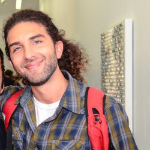
Jordan Somers is currently in his second year of Visual Media at Seattle Central College. He specializes in photojournalism and documentary work, with a particular emphasis on social movements happening throughout the city. His 2020 documentary, Hope is Not Cancelled, was an official selection at the Local Sightings Film Festival, and won an award for best editing at the Oregon Documentary Film Festival. Jordan is an avid traveler when granted the opportunity, and has a keen interest in psychology and existential philosophy.

